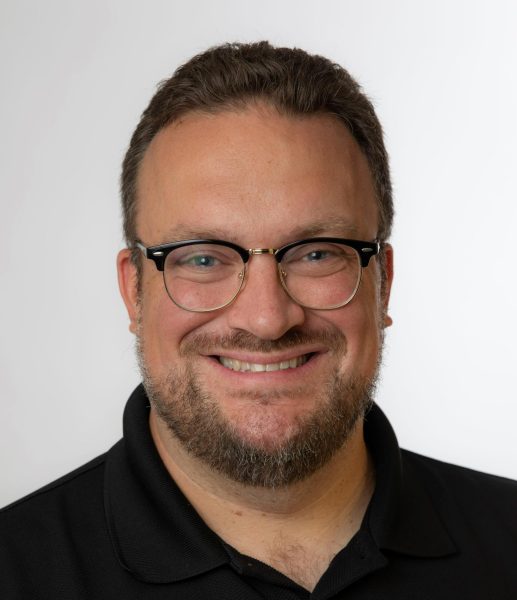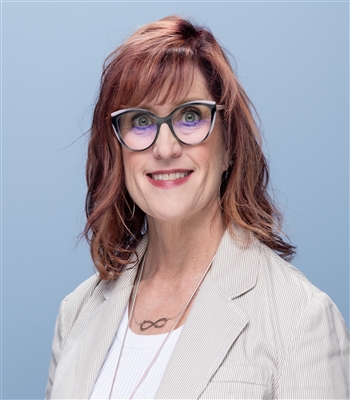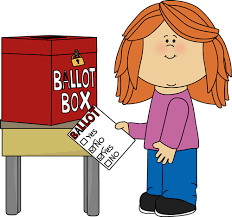Employers must be attentive to mental health struggles
November 12, 2018
Helping people with mental health is crucial for people around the world. Mental health is just as important as physical health.
Employees in the workforce who deal with mental health issues should be able to address it so they can find the support they need.
The Mental Parity Act in 2008 supports employees that need insurance support from their employer so that they do not have to bear additional financial concerns.
According to NAMI, 43.8 million adults experience a mental illness in a given year.
Costs can be extremely difficult, and having to worry about money can cause someone to not seek help for a mental illness and can lead to higher risk of suicide. Offering an insurance plan that allows someone to do these things for free has the possibility of saving a life.
Luckily, there are many different benefits that people can receive through having mental health included in the insurance plan. Inpatient and outpatient therapy is included in this. It could help people in emergency situations receive help right away.
People would not have to worry about the financial aspect, because co-pay is included. These benefits help people deal with things they are going through when they need to.
Sadly, there are some companies that violate the parity requirements. This can include having to call to receive appointments, getting denied for a health service, having difficulty finding a mental health care provider, and more.
Employers trying to get around the system is cruel to their employees’ and could cause people to switch employers which causes turnover and additional costs to employer’s.
Many people have to deal with the conflict of a waiting list. This can cause people to not receive help.
People can help enforce this by voting and starting up conversation about the importance of mental health. According to NAMI, 60 percent of people who deal with mental illness do not receive treatment.
There is a large stigma around mental health that can be conquered if people realize how many people truthfully need the help.
—Megan Taleck
UW-Whitewater junior























Jeremy Engdahl-Johnson • Nov 15, 2018 at 9:04 pm
Price transparency offers employers multiple ways for lowering the overall cost of medical benefits programs. Check: https://www.healthcaretownhall.com/?p=8718&utm_source=twitter&utm_medium=social&utm_campaign=health%20group%20benefits#sthash.Xg2oLQBJ.EnMJiEJF.dpbs